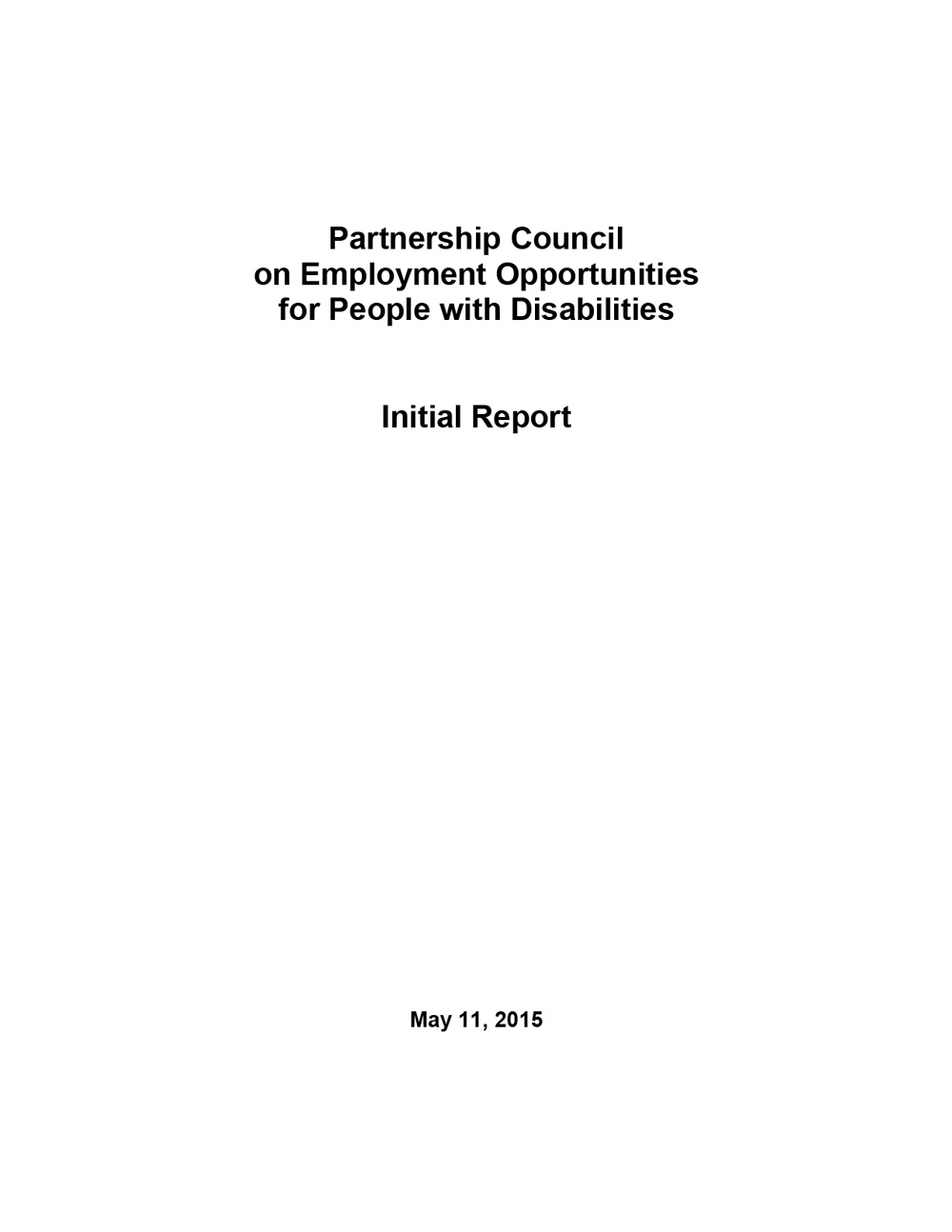The Partnership Council champions the hiring of people with disabilities and provides strategic advice to the Ontario Minister of Economic Development, Employment and Infrastructure to enhance employment opportunities for Ontarians with disabilities.
Canada’s ability to compete internationally is predicated on its ability to innovate, to create and enhance the productivity of its businesses. As an engine for growth and employment, small businesses must expand the talent pool upon which they rely to include university and college-educated people with disabilities who are ready, willing and able to help them compete.
Share with a friend
Related reading
Watch the video: Why would a company sell to its employees?
Canada is facing a $2-trillion business handoff. What if employees owned more of it? In this video, our Director of Policy Dan Skilleter explains why a company would sell to its own employees, how it happens and who stands to benefits. Spoiler alert: employee-owned companies are shown to be 8-12% more productive, share more wealth with their workers, keep businesses Canadian-owned and shore up the resilience of local communities and the broader economy.
How Canada can curb the serial acquisitions quietly reshaping our economy
In many cases, threats to the affordability of everyday goods and services are the byproduct of what competition experts call serial acquisitions—a pattern of larger firms buying up a series of smaller players to try and corner the market. As Michelle Arnold and Kiran Gill explain, a fair and competitive economy does not emerge by accident. The Competition Bureau's proposed Merger Enforcement Guidelines will play an important role in preventing bigger firms from creating unfair playing fields that hurt Canadian small businesses, workers and consumers. The next step for the bureau should be aggressive enforcement of the new guidelines.
From Guidelines to Action: Feedback on the Proposed Merger Enforcement Guidelines
The Competition Bureau's proposed Merger Enforcement Guidelines represent meaningful progress against trends towards corporate consolidation in Canada. In our formal feedback submission to the bureau, Social Capital Partners outlines that we strongly support the new guidelines. However, we believe that the operationalization of these guidelines will be the real test of their impact. Guidance documents shape expectations, but enforcement outcomes shape behaviour. Serial acquirers are sophisticated actors who model regulatory risk into their strategies. To succeed, the bureau must demonstrate visible capacity to track, analyze and challenge roll-up patterns that are driving up prices and sacrificing quality and service in key sectors.



